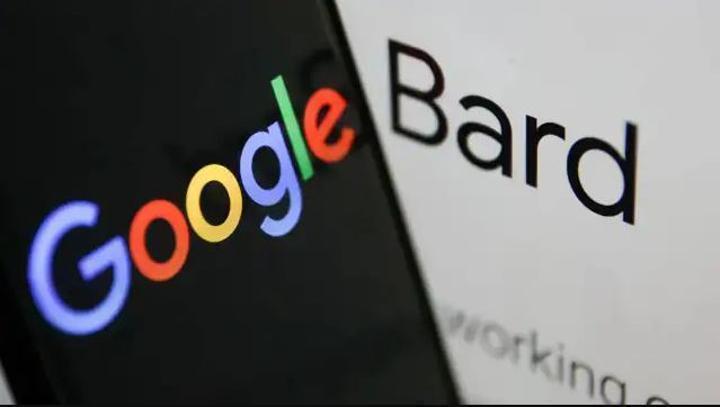Africa-Press – Lesotho. Google has announced the expansion of its conversational AI service, Bard, to 40 new languages, including Swahili, marking the first inclusion of an African language, and 59 new countries and territories.
This expansion brings new features that enable users to customize their experience, enhance their creativity, and increase productivity. With Bard’s availability in most parts of the world, users can now access the service in their preferred language.
The supported languages include Swahili, Chinese, German, Spanish, Arabic, Hindi, and more. Additionally, text-to-speech functionality is now enabled in eight languages.
Dorothy Ooko, Head of Communications and Public Affairs, SSA at Google, expressed excitement about Bard’s global availability, emphasizing its role in democratizing knowledge. The expansion introduces new updates to enhance the interactivity and user-friendliness of Bard.
The “Listen to Responses” feature adds an auditory dimension to Bard’s answers, making it helpful for accurate pronunciation and script understanding with a simple click on the sound icon.
Users can now modify Bard’s responses by adjusting the tone and style to five different options: simple, long, short, professional, or casual. This tailored interaction caters to individual needs.
While initially launched in English, plans are underway to extend this feature to other languages for broader accessibility. Four additional features have been introduced to boost productivity.
Users can pin and rename conversations with Bard, facilitating easy access to important information or ideas in the future. The “export code to more places” feature allows users to export Python code to Replit, in addition to Google Colab, enabling seamless sharing and utilization of code in various projects.
Collaboration and feedback are made simpler with shareable links that allow users to share responses with friends, promoting collaboration and idea feedback.
Lastly, users can now upload images with prompts to Bard, expanding the range of interactions. Bard aims to combine Google’s large language models with the world’s knowledge, providing responses sourced from the web.
As an experimental technology, Bard may occasionally provide inaccurate statements. Google encourages users to report any issues, inaccuracies, or provide feedback for continuous improvement.
The expansion of Bard’s language support and the introduction of new features further empower users worldwide to explore their curiosity, fuel their imagination, and bring their ideas to life with the assistance of AI.
For More News And Analysis About Lesotho Follow Africa-Press






